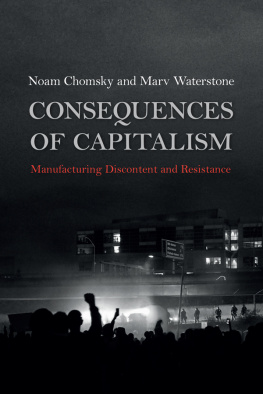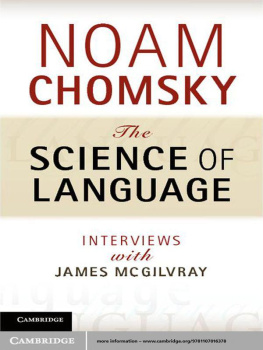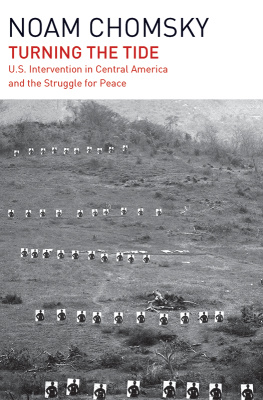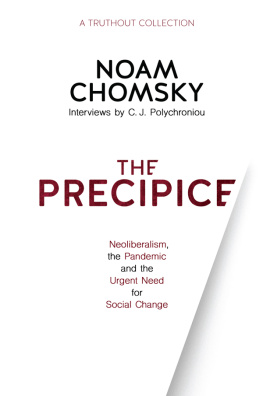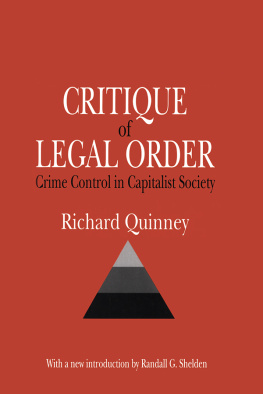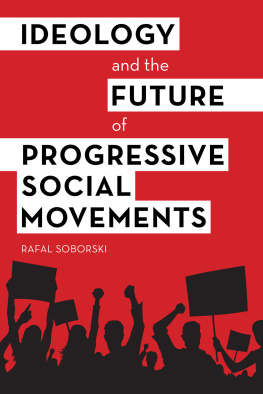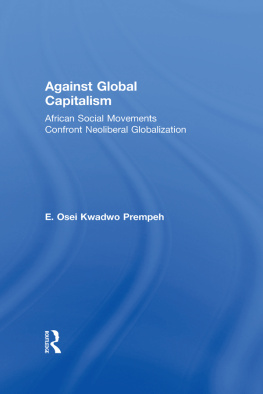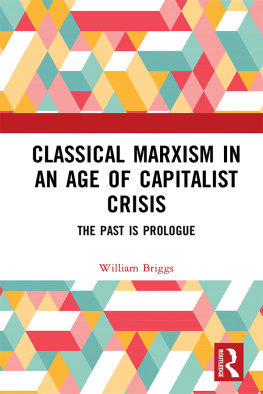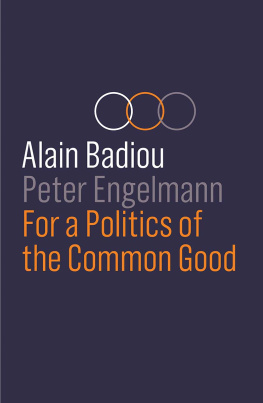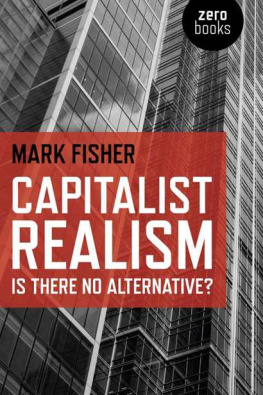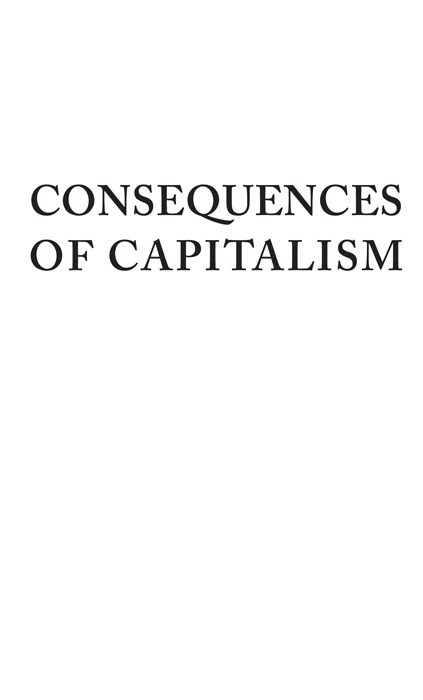
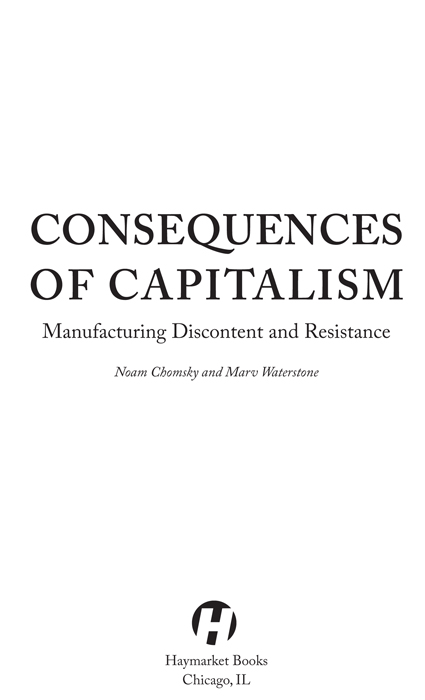
2021 Valeria Chomsky and Marv Waterstone
Published in 2021 by
Haymarket Books
P.O. Box 180165
Chicago, IL 60618
773-583-7884
www.haymarketbooks.org
ISBN: 978-1-64259-383-9
Distributed to the trade in the US through Consortium Book Sales and Distribution (www.cbsd.com) and internationally through Ingram Publisher Services International (www.ingramcontent.com).
This book was published with the generous support of Lannan Foundation and Wallace Action Fund.
Special discounts are available for bulk purchases by organizations and institutions. Please call 773-583-7884 or email for more information.
Cover photograph, Occupied Freeway (BLM Series), Oakland, CA, Summer 2020, Jorge Gonzalez. Cover design by Rachel Cohen.
Library of Congress Cataloging-in-Publication data is available.

PREFACE
Rampant, seemingly endless wars, both hot and cold. Widespread and wide-ranging environmental catastrophe. Unparalleled levels of global wealth and income inequality. And, in response to these and other symptoms of system breakdown, increasingly repressive and authoritarian regimes, playing upon virulently divisive rhetoric. Conditions that characterize everyday life for billions on the planet at this moment. This book is based on a course that we have co-taught at the University of Arizona over the past three years that has attempted to connect this set of existential conditions to their underlying, systemic causes. The course has also endeavored to make these connections in ways that point to coalitional politics and efficacious actions.
The principal aims of the course, and now of this book, are to think about the predominant way society is organized socially, politically, economically, culturally, and then to make the theoretical, historical, and practical connections between that way of organizing society and the kinds of consequential outcomes that are produced by doing so. And secondly, by demonstrating the systemic structural underpinnings of these seemingly disconnected issues, we hope to provide a set of rationales for political cohesion and coalition among the numerous and diverse groups that are working toward economic, social, political, and environmental justice. Particularly as presented by the major mechanisms that shape widely shared worldviews, these phenomena almost always appear, on the surface, as though they are completely unrelated to each other. This predominant characterization is true even for practitioners and activists, and therefore rarely elicits the kinds of political cohesion and coalition that are necessary for effective, coherent, and progressive responses.
Clearly, a great deal has changed on the US and international political stage since we first offered the course in 2017, but our goal, over the past three years, has been to try to emphasize the continuities in the issues that are of concern to us. That is, while we are interested in reflecting on changing conditions, we are principally focused on contextualizing such change within a broad sweep of historical, political, economic, and social phenomena. We want to make these changes explicable and highlight their inherent connections, rather than simply leave them, as often is done, as unrelated and distinct events. We endeavor to illuminate some of the new forms and emphases these issues have taken over the past several years, but again in a manner that demonstrates their linkages and grounding in long-standing systemic and institutional frameworks.
We begin, both in the course and in this book, by asking a very basic question: How do we know what we think we know about the world? In this initial inquiry, we take up a set of questions that examine the ways in which people come to understand how the world works. This set of processes, usefully understood as the production, reinforcement, and changing of common sense, is a constant project. Those who are advantaged by the status quo are continually at work to make us understand that the way things are is the way things should be. And thus, the ways in which we understand the world are very much connected to the ways in which we interact with the world. We are also intent on elucidating the complex linkages between common sense and power. Here we take up the Gramscian notions of hegemony, the definition and role of intellectuals, and the ways in which the economy (broadly understood) and other dimensions of society interact to produce the varied experiences of everyday life for different classes and categories of people.
In the second chapter, we undertake an examination of what we think about as the predominant, current common sense in much (though not all) of the world. If, as we contend, common sense is a very useful notion for understanding how we think and understand the world, what is the current common sense? We, along with other analysts, call the prevailing common sense capitalist realism. We interpret this term to be not merely descriptive of the dominant political economic framework, but also to highlight proponents additional assertion that there is really no meaningful alternative to organizing society along the lines of late-stage industrial state capitalism. Clearly, much of society, certainly US society but many other societies as well, is organized along these lines. This is the basic framework within which we will attempt to understand the resultant issues and consequences. Again, there have been substantial changes within and among the variants of late-stage capitalism over the past several years, and our assessment situates these changes within appropriate continuities and contexts.
In the third chapter, we begin to examine some of the more consequential effects that have resulted (as would be expected, we argue) from organizing societies along the lines of a capitalist realist political economy. We begin with the multipronged relationships between capitalism and the various historical and contemporary mechanisms that capitalists (and their vital partners within state systems) have used to spread this form of political economy around the globe. These processes have been known most commonly as colonialism or imperialism (in either their historical or neo- forms), and have often been accompanied by the often-necessarily related processes of militarism. In this chapter, we will think very carefully about how capital, when uninhibited by constraints against mobility, goes around the globe looking for the conditions that will maximize surplus value and profit. Historically (and contemporaneously as well), these have often included cheaper labor or resources, and/or more lucrative markets. More recently, alluring conditions have also included more desirable regulatory (e.g., environmental or labor), monetary, or fiscal environments to maximize profit accumulation. These adventures, quite often necessitating incursions on the prerogatives and sovereignties of others, have produced a long and bloody history and present, and a likely calamitous future.
In which, we would argue, now constitute a second set of existential crises. While there are certainly variants of the abstract capitalist model, one persistent and typical tendency is to assess the planet as either storehouse (of needed resource inputs, including energy resources) and/or sink (for waste products of all kinds, due in large measure to a continually sought novelty, and the concomitant obsolescence of the old). As a consequence of this orientation, nature, as both inherent worth and utilitarian guarantor of sustainable life, must be subjected to the ruthless calculus of costs and benefits. In such evaluations anything that fails to maximize profits or minimize losses must be discounted, ideally to a value of zero. In combination with an intensifying focus on shorter and shorter time frames for a maximum return on investment, a competition-driven imperative to externalize all costs that do not contribute to the bottom line has produced the by-now exhaustive litany of environmental woes, including the climate catastrophe that now threatens life on the planet as we have known it.
Next page
